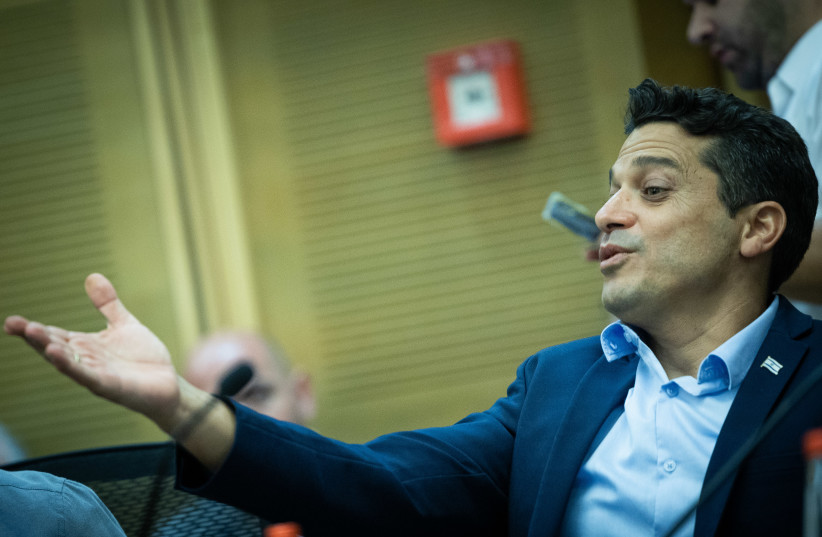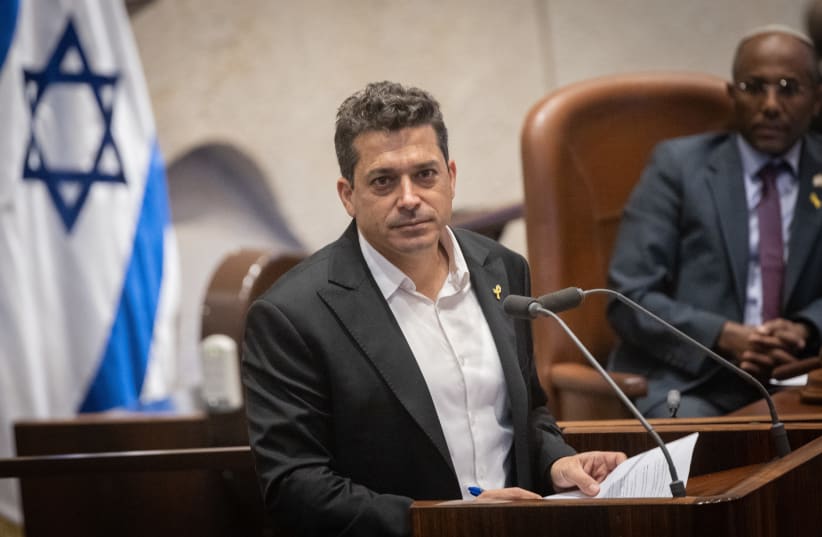Diaspora Affairs and Combating Antisemitism Minister Amichai Chikli recently spoke with Gadi Ness on Radio North 104.5FM about the Supreme Court's ruling that ultra-Orthodox must be recruited into the army.
"I think the court was wrong in allowing the Knesset to continue the debates. Currently, the debates are taking place at a leisurely pace," Chikli stated. "My whole argument in the conversation is that it is important to allow the Knesset to carry out these processes and try to promote a solution, not place solutions on the head of the Knesset because that is not the role of a court."
Chikli stands in favor of the haredi draft law
Regarding the draft law for the ultra-Orthodox, Chikli claimed that "Partnership in the burden (of serving in the military) is of great importance, and the recruitment of ultra-Orthodox youth is of tremendous importance."
"I spoke to many ultra-Orthodox youth who think they should train with Golani or Givati," Chikli continued. "There is no reason for them to just hang out on dates in the hotels in Jerusalem. I am very much in favor and very supportive of the draft. The necessity of the draft is sharpening day by day."
Chikli was then asked if he believes the career of Benjamin Netanyahu is in danger, to which he replied, "An amazing figure was published this week that showed dozens of indictments were filed along with the legal reform and the protests. The absolute majority of the indictments were filed against the right wing. This shows that there are actually different populations here, and they have different legal statuses."


He continued, "There is a principle of equality before the law, and we see that this principle is being trampled upon in the State of Israel. There is one law for Sheffi Paz, who, following the spraying of graffiti on the offices of the European Union, is in lengthy legal proceedings with actual sanctions. On the other hand, a person can write 'Bibi is a traitor' or light fires on the highway, and there are no charges or consequences."
Chikli concluded, "Actually, what we are learning is the extent to which the legal reform is designed to balance and ensure that the judicial system does not take a political position. In a deep sense, that is what makes a country undemocratic and does not maintain equality before the law."
